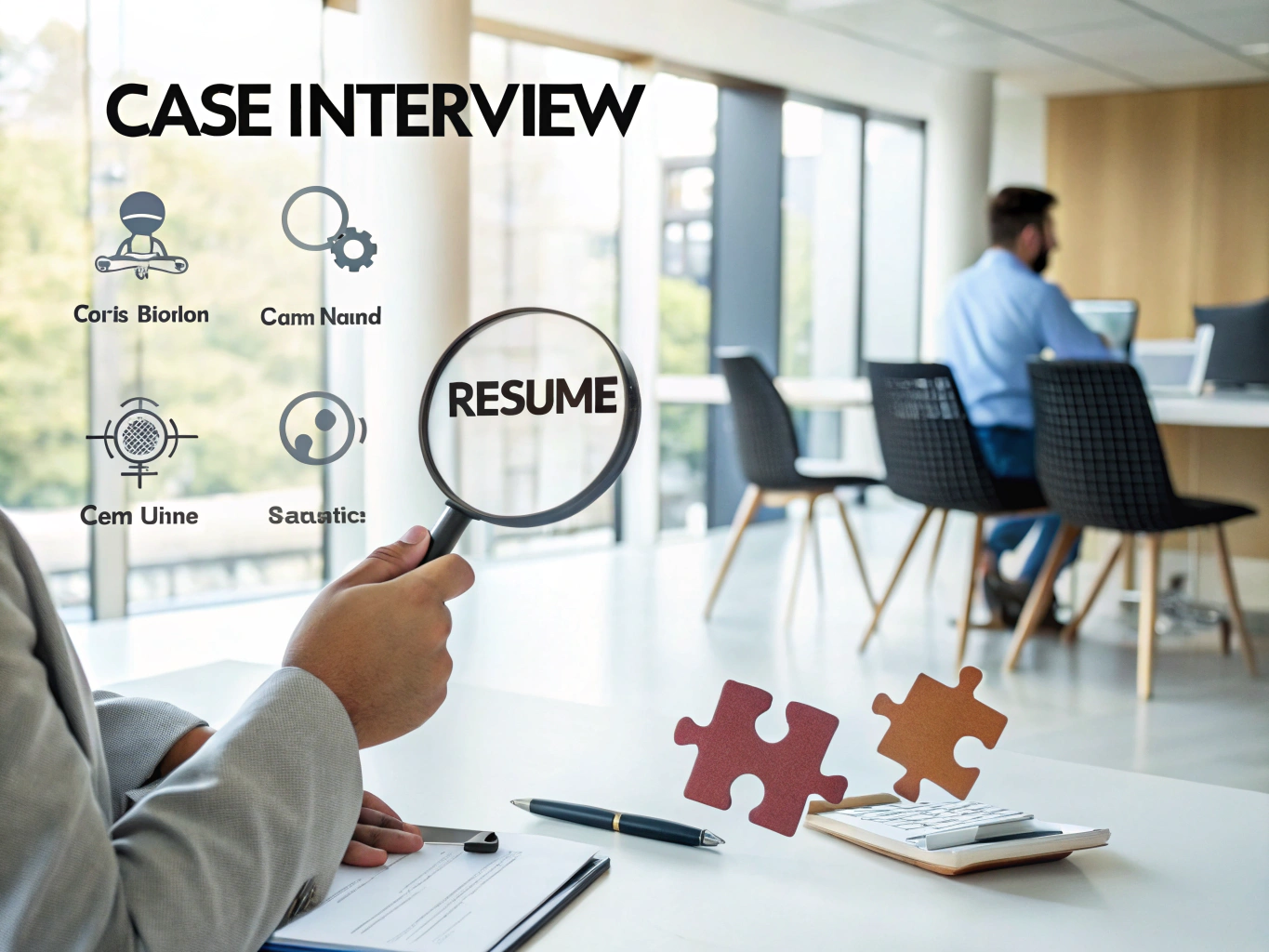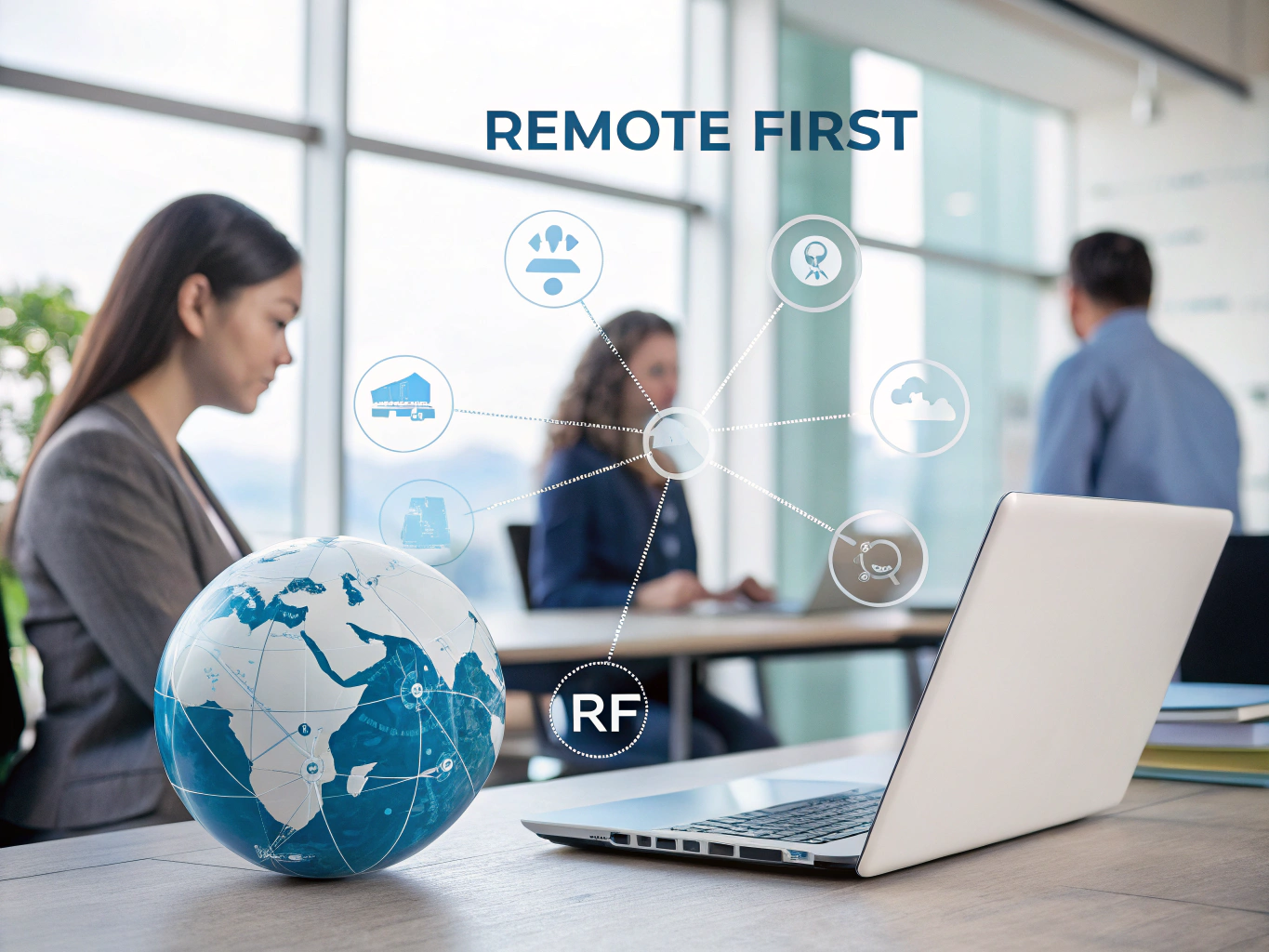Definition
A case interview is a specialized interview format primarily used in consulting, finance, and strategic roles. In this engaging and interactive process, candidates are presented with a real-world business scenario or problem and are tasked with analyzing it and offering solutions. This format is not just about getting the right answer; it’s more about showcasing your critical thinking, problem-solving skills, and communication abilities in a dynamic setting.
Key Components
Understanding the structure and nuances of case interviews can significantly enhance your preparation. Here are the main elements that make up a case interview:
- Business Scenario: Candidates are given a specific business problem. For instance, they might be asked how a retail company could improve sales after a downturn. The focus is on evaluating how well you can dissect the issue and formulate a strategy.
- Analytical Skills: You’ll need to demonstrate your ability to analyze data and trends. For example, if presented with declining market share, you might assess customer feedback, competitor pricing, or market saturation to identify underlying issues.
- Frameworks: Utilizing established frameworks can help structure your thoughts. Common frameworks include SWOT analysis for evaluating strengths and weaknesses, or Porter’s Five Forces for competitive analysis. These tools simplify complex problems and guide your reasoning.
- Communication: Presenting your findings clearly is crucial. You’ll need to articulate your thought process and recommendations effectively, often in a persuasive manner, to engage your interviewers and ensure they understand your insights.
- Real-Time Problem Solving: Case interviews often require candidates to think on their feet. You may receive new information during the discussion that alters your analysis, testing your adaptability and quick-thinking skills.
Importance in the Workplace
Case interviews play a vital role in the hiring process, particularly for positions that require strategic thinking and problem-solving abilities. By simulating real business challenges, these interviews provide insight into how candidates might perform in actual job situations. For example, a company looking to expand into a new market can use a case interview to assess whether a candidate can analyze potential risks and opportunities effectively. This not only helps in identifying the right fit for the role but also ensures that new hires can contribute to the organization’s success from day one.
Best Practices
Whether you’re an HR professional conducting case interviews or a candidate preparing for one, keeping these best practices in mind can enhance your effectiveness:
- Practice with Mock Interviews: Conducting mock case interviews can be a game-changer. For candidates, this helps in familiarizing oneself with the format and expectations. For interviewers, it allows you to refine your questioning techniques and evaluation criteria.
- Encourage Structured Thinking: Guide candidates to use frameworks to structure their responses. This not only demonstrates their analytical capabilities but also helps you assess their thought process more effectively.
- Provide Feedback: After the interview, offer constructive feedback to candidates. This not only helps them improve but also enhances your employer brand, showing candidates that you value their development.
- Stay Engaged: As an interviewer, actively listen to candidates’ responses and ask follow-up questions. This not only fosters a more conversational atmosphere but can also lead to deeper insights into the candidate’s thought process.
- Adapt to Candidate Style: Some candidates may shine in interviewer-led cases while others may excel in candidate-led formats. Be flexible in your approach to assess a candidate’s strengths in different scenarios.
Legal Considerations
When conducting case interviews, it’s essential to be aware of legal considerations surrounding fair hiring practices. Ensure that your questions are job-related, non-discriminatory, and consistent across all candidates to avoid potential bias. Providing equal opportunities and adhering to regulations like the Equal Employment Opportunity Commission (EEOC) guidelines is vital. This not only protects your organization from legal challenges but also promotes a fair and inclusive hiring process.
Conclusion
Understanding case interviews is crucial for both HR professionals and candidates looking to excel in competitive fields. By recognizing the importance of this interview format and implementing best practices, you can enhance your hiring process and help candidates showcase their true potential. Remember, case interviews are not just about problem-solving; they’re about fostering communication and collaboration in a way that reflects the real-world challenges your organization may face. So dive into this process with confidence, and you’ll set the stage for successful hiring outcomes!




